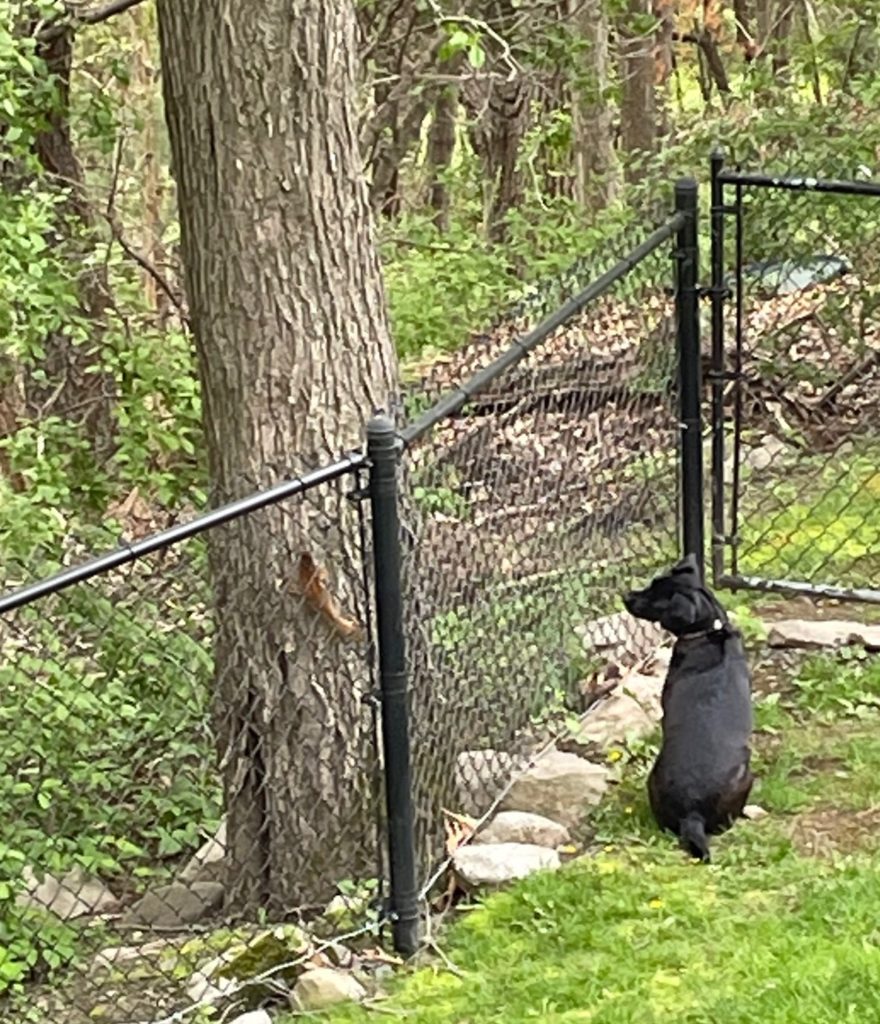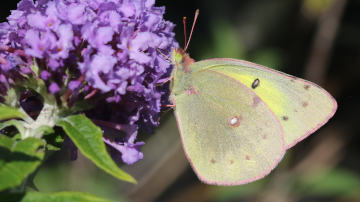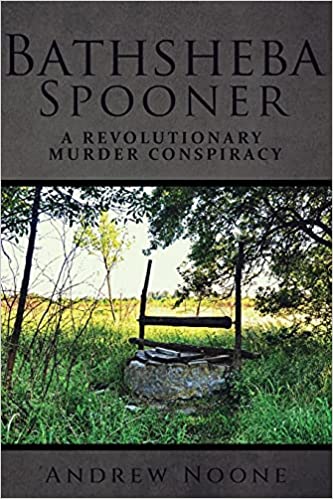
Squirrels
We liken our backyard deck to a treehouse, because it sits atop a walk-out basement and overlooks a wooded hill in such a way that the deck is positioned right at the canopy level of the trees. From this vantage point, I can watch the squirrels and marvel at their ability to jump from branch to branch, and consequently from tree to tree, laugh as they chase each other around, and admire their work ethic as they gather nuts for the winter. As the leaves fall from the trees, my view of their antics gets better and better.
This year has been great for squirrel-watching. Five baby squirrels appeared in the spring and captivated the attention of me and my dog, who would patiently sit and observe their activity. Their favorite game was to climb down the tree bit by bit while my dog watched trying to determine the exact distance they could go before she would finally chase them back up the tree. The chain-linked fence that separated the two made the game pretty safe, though, and I can’t recall a time when my dog actually ran after them. She was much more interested in enjoying their company than in chasing them away.
In some years, the squirrels would make only a brief appearance, and I would fret that they may never return, that is, until I realized that their residency is tied to the production of the walnut tree that hangs over our deck and rains nuts down upon us. Nut production has been prolific this year, so I have been enjoying a lot of squirrel activity even though it comes with occasionally being startled by the loud banging of the nuts as they fall on our deck and furniture, and possibly my head.
Squirrels are highly adaptable. They are able to live comfortably on the margins of urban and natural environments, which is why they were one of the few “wild animals” I saw when I was growing up on the south side of Chicago. Although, there were also lightning bugs. After eating dinner in the summer, we would often go out to the backyard and try to catch the lightning bugs in the palms of our hands as the dusk turned into night. If we were ambitious, we would punch holes in the top of a jar and collect them until we were finally called inside to get ready for bed and had to let them all go. Then one year, the lightning bugs stopped appearing.
I’m not a big science fiction fan, but I did recently watch all of the Planet of the Apes movies in order for the first time. Whether such stories take place in the future, or in a galaxy far, far away, in every case, human beings remain the constant. Change happens around them, but they all pretty much look and act like we do today. The stories never seem to consider that as the environment changes, we as a species would also likely change. Maybe such an attitude stems from a justified confidence in our ability to use our intelligence to manipulate our environment to suit our productive needs, as has been the case up until this point in our specie’s history—but perhaps it is this very intelligence that will doom us into making short-term productive decisions that will ultimately lead to our demise, rather than long-term ones that will extend the life of our species.
If squirrels possessed language, they would most likely join me in chuckling about our tendency to assume that human beings will continue to be around for as far as our historical eye can see. After all, our track record as a species is rather short. Whereas squirrels have been around for 36 million years, human beings have been around for a measly 200,000 years, and civilization as we experience it is only 6,000 years old. My money for longevity is on the squirrels.
I feel lucky to live in a town that takes open space and the preservation of our natural surroundings seriously. When I try to identify the folkways, the social and cultural practices, and the attitudes towards life that make Westborough unique, attention to the intricacies of our environment is one that jumps out. Like the squirrels, we live on the margins of urban and rural/natural environments in our state. Let’s continue to make sure that we keep tending to our existence as carefully as the squirrels do theirs.
–Anthony Vaver, Local History Librarian
Recommended Reading:
- Annie Reid has been writing about nature in Westborough for years, and she has offered to contribute to this newsletter links to her nature notes that are tied to the month and season in order to help us to understand and better enjoy the environment in which we live. Make sure to check out her contribution for October below and others in the future.
- Here are some other books available in the Westborough Center circulating collection to help you enjoy Westborough and its environment this fall:
- Reading Rural Landscapes: A Field Guide to New England’s Past by Robert Sanford.
- A Beginner’s Guide to Recognizing Trees of the Northeast by Mark Mikolas.
- Hiking through History, New England: Exploring the Region’s Past by Trail by Johnny Molloy.
- AMC’s Best Day Hikes in Central Massachusetts: Four-Season Guide to 50 of the Best Trails, from the Pioneer Valley to the Worcester Hills by John S. Burk.
* * *

Westborough Nature in October
Learn about Clouded Sulphur Butterflies in Annie Reid’s Nature Notes article, scan her monthly index for October to read about other natural events that tend to occur this month, and then head out to the meadows and trails to see what you can find with your new knowledge!
* * *

Westborough Historical Society Program
In the first capital case in the United States, Bathsheba Spooner became the first woman to be executed in America after she was convicted in 1778 of plotting the murder of her husband, Joshua Spooner, in Brookfield, MA. Her teenage lover and two other accomplices were also convicted.
Learn more about this case and Worcester’s pivotal role in the American Revolutionary War on Monday, October 25 at 6 p.m. at the Tatnuck Bookseller when Worcester native and professional musician Andrew Noone discusses his new book, Bathsheba Spooner: A Revolutionary Murder Conspiracy. The program is free and open to the public. The Tatnuck Bookseller is located at 18 Lyman St. in Westborough.
* * *
New Exhibit Format
Stop by the Westborough Center and check out the condensed and newly formatted exhibit, “Changing Pictures of Childhood: A Comparative History of Child Welfare in Westborough.” You can also experience the exhibit online.
* * *
Did you enjoy reading this Westborough Local History Pastimes newsletter? Then subscribe by e-mail and have the newsletter and other notices from the Westborough Center for History and Culture at the Westborough Public Library delivered directly to your e-mail inbox: https://www.westboroughcenter.org/subscribe-to-updates/.
